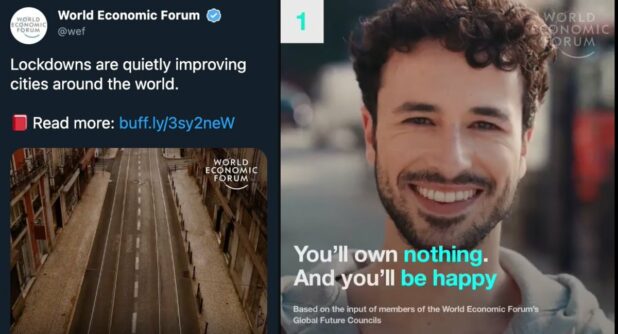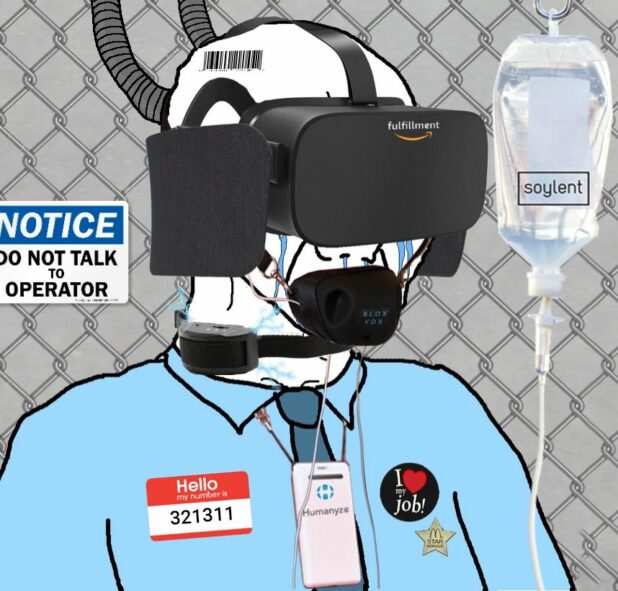There’s a lot to look forward to in your brave new future.
For example, you can’t drive a car anymore.
We have to do this to stop the virus and turn the earth into a giant block of ice by sucking all of the gasses out of the atmosphere.
The street space occupied by parked cars may not seem like much, but it adds up. The US has an estimated 3.4 spaces for every car. In New York City, the amount of road space reserved for parking is roughly the size of 12 Central Parks, according to one estimate, and most of the city’s 4m street parking spots are free.
“The curb lane is some of the most valuable land on Earth,” said Donald Shoup, a transportation professor at the University of California, Los Angeles. “I think that’s our biggest mistake, to take some of the most valuable land on Earth and give it away, free, to cars.”
Street parking doesn’t just take away space. It can inform how people get around. “Parking is one of the things that has a really powerful impact on people’s decisions whether to drive or not,” said Daniel Firth, transportation director at C40 Cities, a network of more than 100 cities around the world with ambitious climate goals.
Shoup and others have found that underpriced street parking keeps people driving in cities, even in those that have good alternative transport options. More people driving means more city traffic – increasing congestion and pumping out pollution.
But cities that want to price, or even convert, free street parking face obstacles – and not just from drivers. Most cities don’t have enough information about how their curbs are used, making it difficult to decide how to manage this valuable space.
Companies offering curb management technology have sprung up to try to fill this gap, with promises to help cities reclaim their curbs. Their digital platforms map parking spaces and curb use around cities.
Having the information in one place and being able to visualize curb spaces on a map is vital, said Peter Richards, who leads the development of software product CurbIQ at Canadian consulting company IBI Group. CurbIQ was born out of years of working on parking strategy projects for cities and realizing cities don’t have easily-accessible, digitized information about their curbs, Richards said.
The endgame is to help cities reduce car numbers – along with congestion, noise, and pollution – while making better use of spaces and still meeting people’s mobility needs.
…
During Covid, the political barriers to reclaiming curb spaces from free street parking were removed, said Maya Ben Dror, who leads transportation at the World Economic Forum. Commuters started working from home, freeing up parking spaces. Meanwhile, restaurants and other businesses needed outdoor space in cities. That allowed curb management companies to really grow during the pandemic, she said.
Haha.
WEF members just being casually introduced as official planners of global driving policy.
Based.
Why drive when you can stay home, forever?
 Daily Stormer The Most Censored Publication in History
Daily Stormer The Most Censored Publication in History





